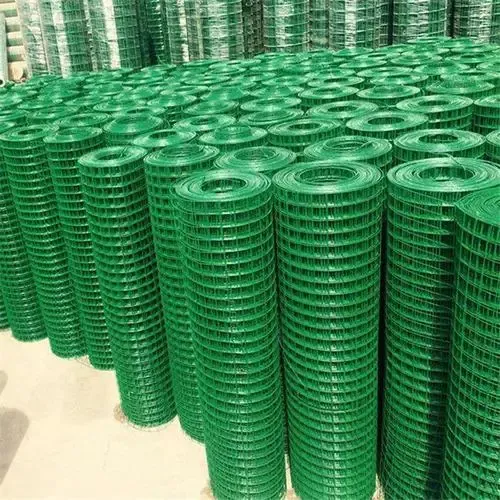Jul . 25, 2024 13:07 Back to list
A Comprehensive Guide to Different Types of Roofing Nails and Their Applications
Types of Roofing Nails A Comprehensive Guide
When it comes to roofing, the choice of materials is crucial for ensuring durability, weather resistance, and overall structural integrity. Among these materials, roofing nails play a vital role in securing shingles, tiles, or metal sheets to the roof deck. Understanding the different types of roofing nails available can help you make an informed decision for your roofing project.
1. Common Roofing Nails
Common roofing nails are perhaps the most recognizable type used in roofing applications. They typically have a flat head and a smooth shank, and they are often made from galvanized steel to prevent rust and corrosion. These nails usually come in varying lengths, typically ranging from 1 to 2.5 inches, making them suitable for various roofing materials. Common roofing nails are ideal for asphalt shingles, providing a strong and reliable hold.
2. Ring Shank Nails
Ring shank nails feature ridges or rings around the shaft, which enhance their grip and holding power. These nails are particularly beneficial in high-wind areas or regions susceptible to severe weather. The added texture prevents the nails from easily pulling out, making them a preferred option for roofing materials that may experience expansion and contraction due to temperature changes. Ring shank nails are commonly used for both asphalt shingles and wood shakes, offering increased durability and a secure fit.
Coil roofing nails are designed for use with coil nailers, a tool that dramatically speeds up the installation process. These nails are arranged in coils, allowing for quick and automated application. Coil nails typically come with a variety of head sizes and shank types, including smooth and ring shank. They are perfect for large roofing projects where efficiency is key, and when working with materials like asphalt shingles, they provide consistent holding power.
types of roofing nails

4. Stainless Steel Nails
For roofing projects in coastal or highly corrosive environments, stainless steel nails are the gold standard. While they may come at a premium price, their resistance to rust and corrosion makes them an ideal choice for protecting your investment over the long term. Stainless steel nails are often used in installations involving metal roofing or other materials that are prone to corrosion. They come in various sizes and types, including smooth and ring shank designs.
5. Aluminum Nails
Aluminum roofing nails are lightweight and resistant to rust, making them suitable for specific applications like installing aluminum roofing or other non-corrosive materials. While aluminum nails provide adequate holding power, they may not have the same degree of strength as steel nails. However, they can be ideal in situations where weight is a consideration, and for roofing materials that demand rust-resistant properties.
6. Specialty Nails
In addition to the standard types of roofing nails, there are specialty nails designed for specific roofing materials. For example, slate and tile roofs often require specific nails that provide optimal grip without damaging the material. Additionally, there are nails designed for use with synthetic roofing products that cater to modern aesthetics and performance requirements.
Conclusion
Choosing the right type of roofing nails is essential for the longevity and safety of your roof. Consider factors such as the roofing material, environmental conditions, and installation methods when selecting nails for your project. With a variety of options available, you can ensure that your roofing system is secured efficiently and effectively, providing peace of mind for years to come. Whether you opt for common, ring shank, or specialty nails, each type has its unique advantages tailored to different roofing needs.
-
The Role of Field Wire Fence in Grassland Conservation
NewsJul.15,2025
-
Stainless Steel Razor Wire Durability in Coastal Environments
NewsJul.15,2025
-
Enhancing Home Security with Mesh Fences
NewsJul.15,2025
-
Diamond Mesh Wire for Small Animal Enclosures
NewsJul.15,2025
-
Common Wire Nail Tensile Strength Testing for Woodworking
NewsJul.15,2025
-
Barbed Wire Corrosion Resistance Galvanization Techniques
NewsJul.15,2025









